We’re two months into the new year and this post is long overdue, but better late than never, right? These are my favorite films from 2011…

+
{SLEEPING BEAUTY}
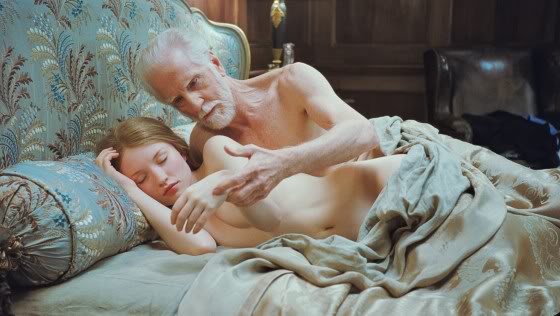
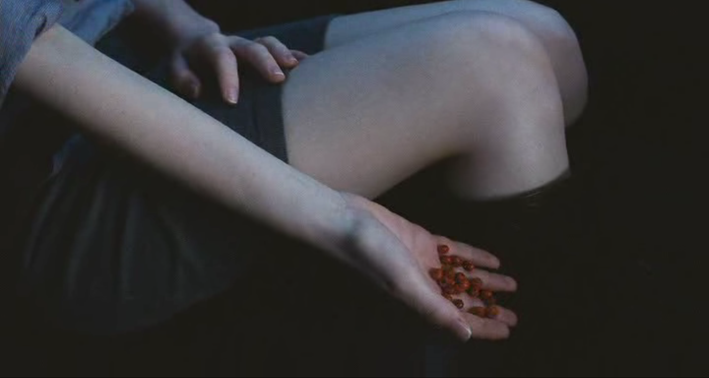
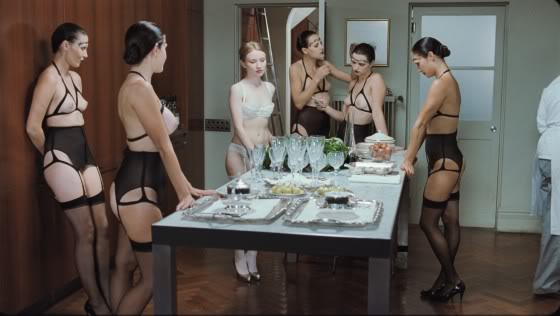
Sleeping Beauty has little to do with the eponymous fairy tale: it has intriguing possible analogies with it, but is psychologically nearly the polar opposite of it. It is an utterly stark and modern movie, gorgeously shot and crisply perfect. Emily Browning plays Lucy, a college student who takes on a job at a high-end erotic waitressing service, leading to her initiation into a more specialized group of “sleeping beauties.” For each session, she is driven to the madame’s house, drinks a cup of tea dosed with a highly powerful sedative, lies down, and “falls asleep.” She is promised that she won’t remember a thing from her experience with clients during her heavy, imperturbable, deathlike slumber.
What I would describe as “clinical yet beautiful,” this enigmatic movie has a soft, mysterious quality that verges on surreal, and a lovely vintage feel. Emily Browning perfectly fits the role of Lucy, the diminutive, pale, doe-eyed, delicate beauty possessed of a quiet boldness, and a tenderness that comes out in her moments of vulnerability and naked emotion. The film is very quiet and restrained, though subtly fascinating and compelling. Its visual style is extremely precise, crisp, controlled, and flawless; it has an aesthetic elegance which parallels the somber classiness of the world of the brothel. It’s also somewhat opaque, everything seems to have a hidden meaning which is veiled from us, and seems to elude rather than invite demystification. It’s more like a series of rather obscure vignettes than an integrated, driven story. There’s also a slightly menacing, eerie undertone, which is very low-key but unmistakable. I always felt it in the atmosphere, a chilling and foreboding expectancy. Simultaneously dreamlike and stark, Sleeping Beauty is visually impeccable, with a subtle, penetrating mystery, and moments of raw emotion that break through the pristine surface.
+
{THE SKIN I LIVE IN}
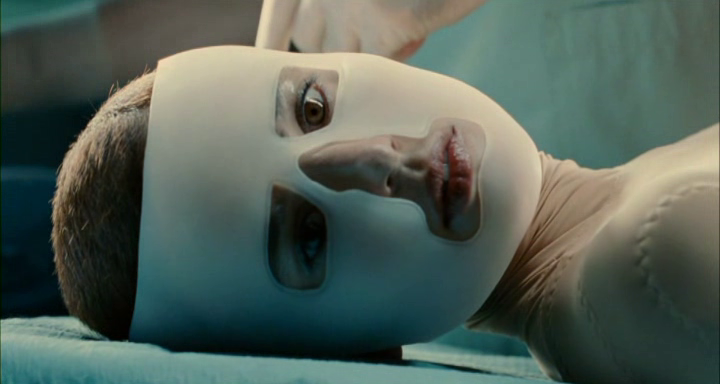
Pedro Almodóvar’s The Skin I Live In tells the story of Dr. Ledgard, a brilliant plastic surgeon who has succeeded in creating a form of artificial skin, after his wife was horribly burned in a car crash and then committed suicide. For years he’s been keeping a mysterious woman named Vera captive – someone whom he’s reconstructed and lovingly, painstakingly transformed into an exact replica of his dead wife. Vera’s original identity is the thing that’s quite a bizarre twist. This movie is strange, eccentric, refreshing, at the same time elegant and polished.
+
{SHAME}
Michael Fassbender gives a phenomenal performance in Shame, perfectly expressing the rage, pain, frustration, and despair of his character. This movie is quiet and understated, but unforgettable; it has a clean, beautiful, elegant look, and a deep current of emotion running through it which breaks out in intense scenes. Fassbender plays an ostensibly successful thirty-something bachelor in New York City, struggling with his sexual addiction and chronically incapable of forming any meaningful relationships. The sudden appearance of his younger sister, played to perfection by Carey Mulligan, throws off his carefully arranged life, and we see him disintegrating, tormented by his extremely complicated relationship with her, and by his desire and inability to rid himself of his addiction. What gradually emerges is an image of his turmoil and hopelessness. Shame is such a beautiful film, subtly powerful, and has a lovely, moving score as well.
+
{THE TREE OF LIFE}
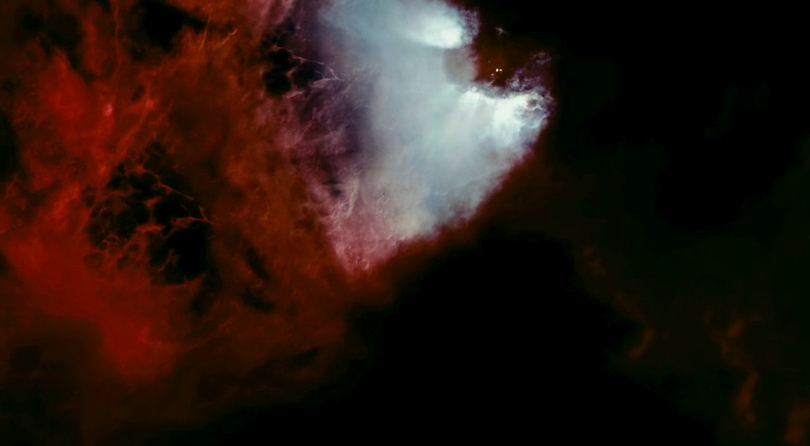
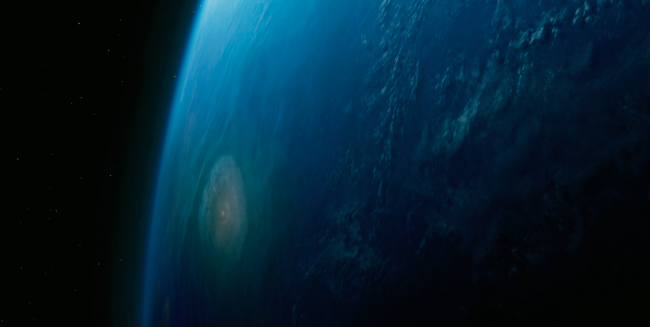
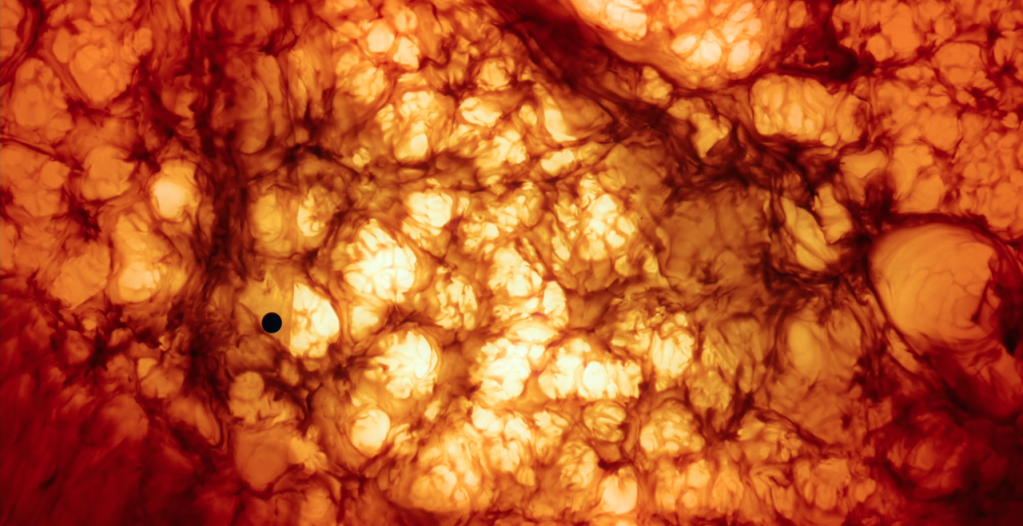
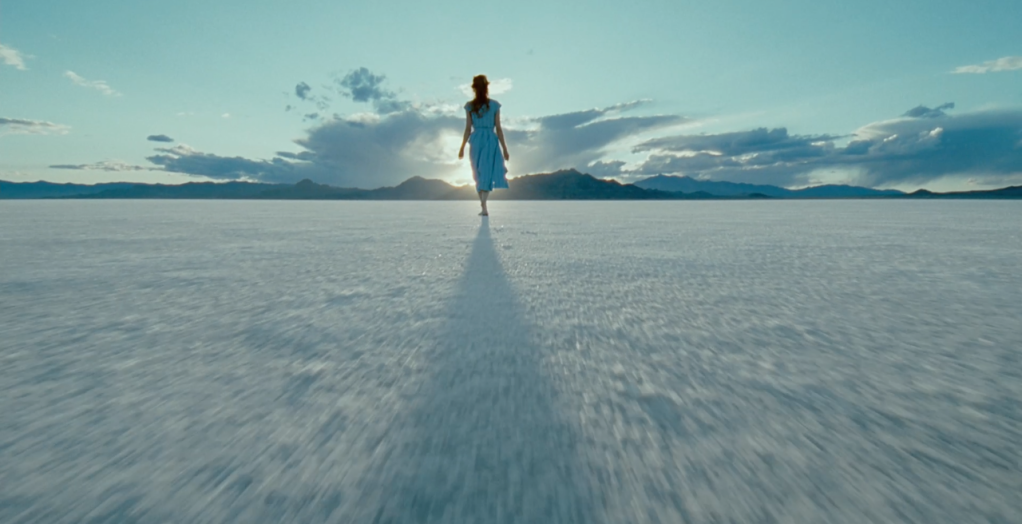

Terrence Malick’s The Tree of Life is one of the most beautiful movies I’ve ever seen. The cinematography is extraordinarily gorgeous, a unique sort of visual stream-of-consciousness, very poetic and tender. The experience of watching it is unparalleled; it has a deep sense of grace and wonder. It’s hard to say exactly what the film is “about,” apart from the beauty, splendor, and the sadness of life; the most concrete part of the story follows Jack growing up with his brothers in an American suburb in the 1950s, torn between the contradictory natures of his parents, his mother, who is all love and mercy and presents the world as a place of wonder to the boys, and his father, the strict, controlling authoritarian. I thought that Jessica Chastain’s performance as Jack’s mother was incredible and perfect.
+
{DRIVE}
Slow yet intense, Drive is an emotive and memorable movie, with an elegant spareness of action and lush but tightly controlled visuals. Ryan Gosling is extremely expressive, though his dialogue is minimal, not to say spartan. It’s visually gorgeous, and the moments that take place between his character and Carey Mulligan’s are otherworldly, so charged with emotion that the sensation of falling in love is almost tangible. It’s also accompanied by a great soundtrack of dreamy synthpop songs, which blends in perfectly and is an integral part of the movie.
+
{THE GIRL WITH THE DRAGON TATTOO}
The Girl with the Dragon Tattoo was one of my most eagerly awaited movies of 2011, and it did not disappoint. It’s the most straightforward film on this list, as a mystery story. The snowy, beautiful Swedish winter landscape dominates the cinematography. The story unfolds in a rather cold and meticulous way, but there are touches of human personality and emotion, striking the right balance. Rooney Mara is riveting as the eponymous girl with the dragon tattoo, very different from Noomi Rapace in the Swedish adaptation, but much more nuanced and emotive, I think. She underwent a total transformation for this role, and submerged herself in it utterly and fearlessly, resulting in a truly memorable screen character. With her ethereal yet edgy look, she embodies both toughness and vulnerability, both the fiercely armored and the raw, fragile qualities, in her brilliant interpretation of Lisbeth Salander. She is the heart of this carefully constructed movie. I also love the hauntingly beautiful soundtrack by Trent Reznor and Atticus Ross, characterized by a dark ambient sound that ranges from a lullaby softness to a harsh, jarring drone, perfectly mirroring and complementing the film.
+
{MELANCHOLIA}
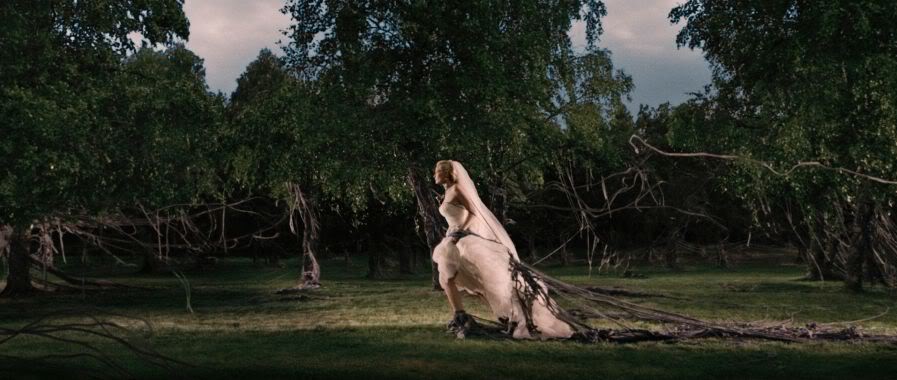
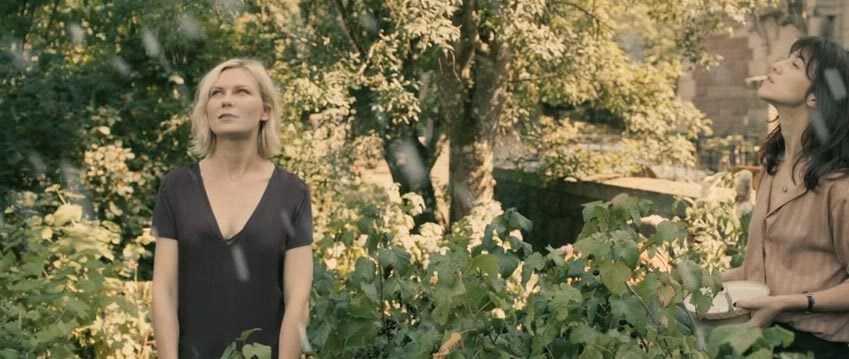
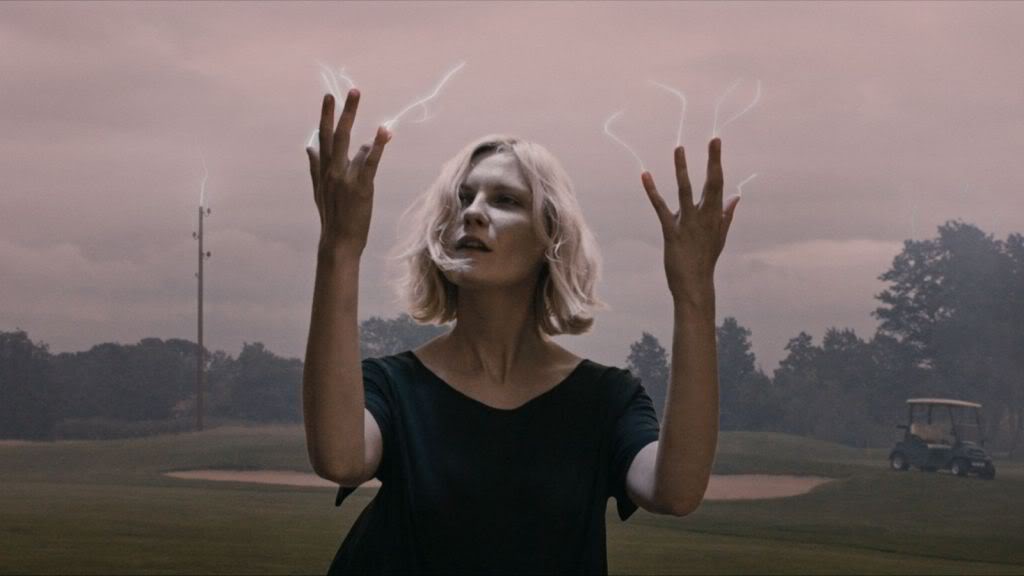
Lars von Trier is one of the most distinctive and compelling contemporary directors, and this is the second entry in his “Depression Trilogy.” Starring Kirsten Dunst and Charlotte Gainsbourg, Melancholia is a science fiction/drama film that deals with two sisters’ reactions to an impending apocalyptic disaster. The title has a double meaning, as it refers to both the name of the rogue planet, and to the state of mind which Von Trier attempts to portray allegorically. This film is very little “science fiction,” focusing instead on the psychological aspect; on the level of astrophysics the premise is either unrealistic or nonsensical. This is irrelevant, as it’s really an exploration of different people’s responses to catastrophe – if Justine represents depression, and resignation born of hopelessness, then her sister Claire can be said to represent anxiety, with all its attendant attempts at escape. Subtle and enigmatic, with a bravura performance by Kirsten Dunst, this movie is thought-provoking in a lingering way, and contains some of the most gorgeous, captivating surreal imagery I’ve seen in the opening sequence. It is also a brutally honest, heartbreaking portrait of severe depression. There is no mystery here about the fate of the Earth; the imminent cataclysm is revealed at the very beginning. The opening sequence is haunting and poignant, incredibly beautiful, showing the beginning of the end, the characters in their last moments, and surreal, inspired imagery – brilliant visual metaphor – such as the image of Justine in her wedding gown floating listlessly down the river; with the melodramatic prelude to Wagner’s Tristan and Isolde forming the musical background.